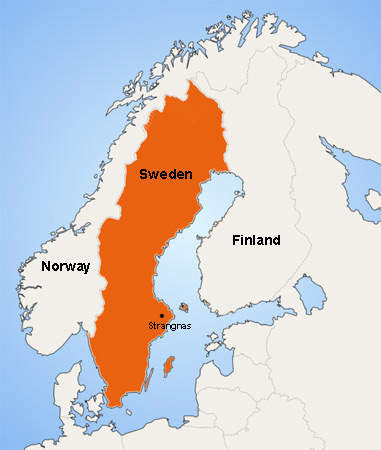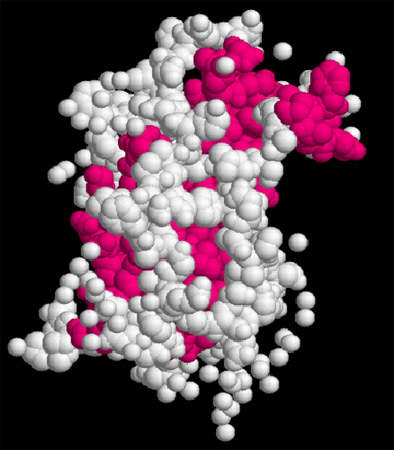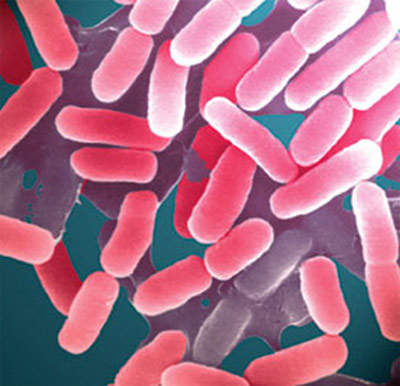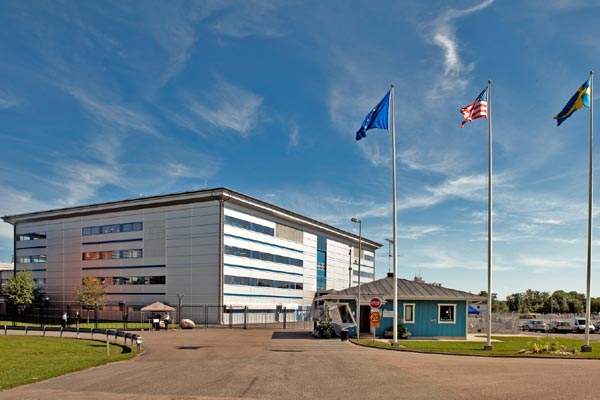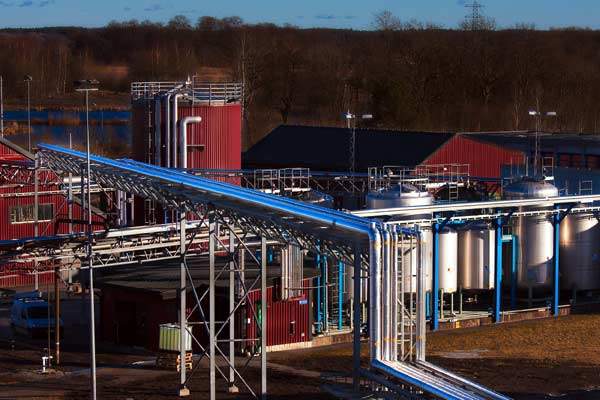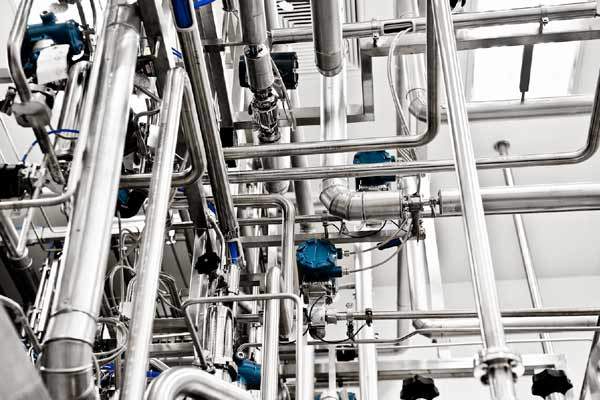Pfizer is one of the largest pharmaceutical companies in the world. Recent restructuring has led to the company putting more emphasis into the biologics market and it is increasing manufacturing capacity in this field.
As part of its interest in biologics Pfizer acquired the Swedish pharmaceutical company Pharmacia in 2003 (in a deal worth SEK580bn) and also obtained Pharmacia’s expertise in biologics manufacture. Part of this is the Strangnas facility, which manufactures Genotropin, one of the best-selling growth hormones used in the treatment of dwarfism and growth failure.
The facility at Strangnas also manufactures Fragin, a low-molecular-weight heparin. Pfizer is also engaged in manufacturing anti-thrombotic agents and has served more than 25 million patients to date to prevent blood clots.
In April 2006 Pfizer made a commitment to expand the Genotropin manufacturing capacity at Strangnas. Consequently, the company invested SEK1.5bn ($215m) in the construction of a new manufacturing plant adjacent to the old one on the Strangnas site.
When Pfizer first announced its interest in Pharmacia in July 2002, Karen Katen, vice president of Pfizer, mentioned Genotropin and Strangnas as one of Pfizer’s priority product areas.
Contractors
The site at Strangnas is one of the major biotechnology employers in the area and Pfizer, recognising its importance to the biotech market, decided to construct a state-of-the-art turnkey manufacturing facility. Construction of the 6,000m² plant was completed in August 2009.
The concept and preliminary design contract for the facility was awarded to Jacobs Engineering in September 2005. Jacobs has overseen the project from its Reading, UK office and has designed the facility to fulfil cGMP (current Good Manufacturing Practice) standards, as well as Pfizer quality standards.
The facility will also conform to the FDA and EMEA standards for the manufacture of Bulk APIs (active pharmaceutical ingredients).
The construction contract for the plant was awarded to Skanska, who completed the construction of the plant and install the process equipment.
Growth hormone market
Genotropin is one of the best-selling growth hormones but sales suffered in the first three quarters of 2006 with a decrease of 3%, giving sales of only $586m.
This was put down to the emergence of new competition in the marketplace in the form of the latest Sandoz product Omnitrope (somatropin). This was approved in May 2006 as the first follow-on version of a previously approved recombinant drug.
Pfizer’s response is capacity expansion to meet new market requirements; the ex-Pharmacia Strangnas plant already has established experience of Genotropin production and therefore is a great boost to Pfizer in this area. The Strangnas Genotropin production experience was one of the main factors in choosing where to site the new plant.
New management methods
As part of its commitment to Strangnas, Pfizer, with the help of Maxi Trope Consulting, implemented a new management scheme in mid-2006 called the ‘Radical Collaboration’ method.
All of the plant managers are expected to attend a half-day session once a month to adopt radical collaboration methods. At the sessions they work through real-life plant problems and solve them using the new methods.
Genotropin
Genotropin is a recombinant DNA version of somatropin, which is an exact copy of the polypeptide hormone produced by the pituitary gland. The product is used for the treatment of several conditions including growth hormone deficiency, children small for gestational age, Prader-Willi Syndrome and females with Turner Syndrome.
Prior to the new Sandoz drug Omnitrope, the Pfizer version was the only drug approved by the FDA for treatment of low growth conditions.
Genotropin is provided as an injectable formulation and also as a lyophilised powder with a separate diluent to reconstitute the product. Both of these forms are manufactured in Strangnas at the current facility. The medication is administered by injection or by a pen injection device similar to those used for the administration of insulin by diabetics.

